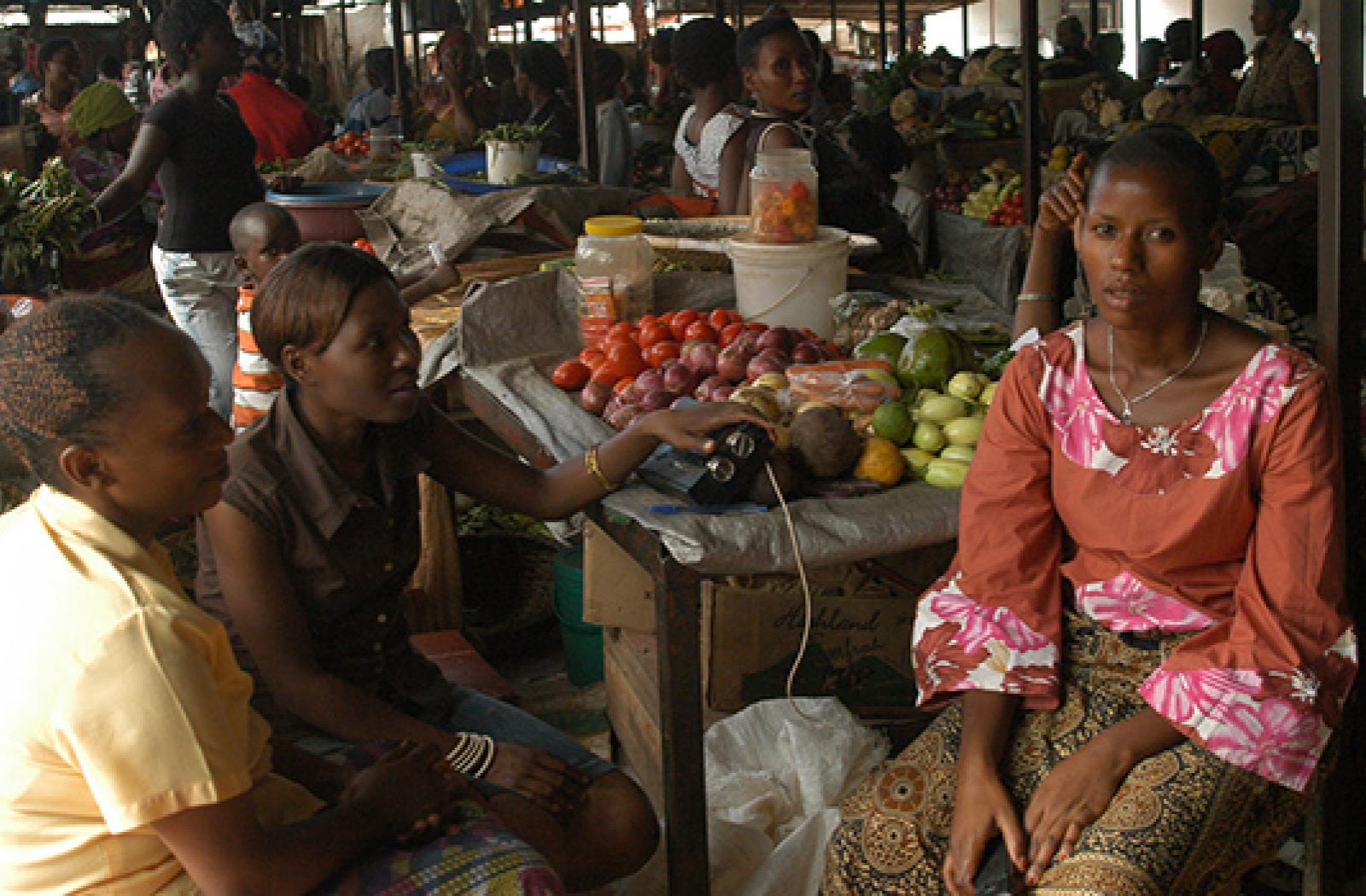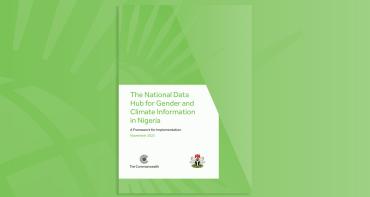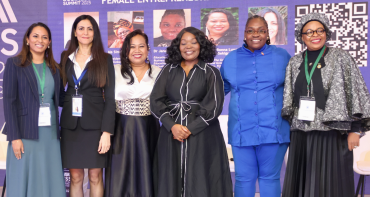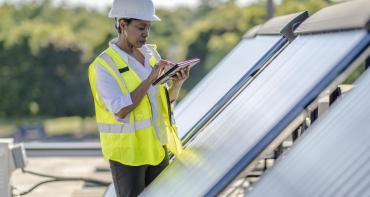The under-representation of women and increasing gender inequalities must be reversed if sustainable development goals are to be met, according to the Commonwealth at the Women’s Affairs Ministerial Meeting in Apia.

The under-representation of women and increasing gender inequalities must be reversed if sustainable development goals are to be met, according to the Commonwealth at the Women’s Affairs Ministerial Meeting in Apia. Setting its commitment in implementing creative solutions to involve women in tackling pressing global issues including climate change, the Commonwealth Secretariat stressed the economic value of gender equality across political, business and civil sectors.
Patricia Scotland, Secretary-General of the Commonwealth said: “An increased empowerment and inclusion of women is not just about fairness, it’s about huge economic opportunity that is otherwise simply missed. Climate change most severely threatens the poor of these planet, the majority of whom are women. Yet, exclusion and marginalisation prevent women from participating in tackling such an important issue.”
At the Commonwealth 11th triennial meeting of mostly female leaders and campaigners from around the Commonwealth, climate change was adopted as a standalone priority and the inclusion of women in adaptation interventions reaffirmed as key to success.
Climate change poses life-threatening risk to everyone on the planet, and is of particular threat to small island states such as the host Pacific island of Samoa. Adapting to and mitigating the effects of climate change is resource-heavy. A UNDP report estimated these costs to be between $249 billion to $1,371 billion annually by 2030.
Launched in November last year, the Commonwealth Climate Finance Access Hub helps countries successfully bid for climate action funding, assisting with unlocking existing and new funds for urgent adaption and mitigation. New sources of climate funding can help transform traditional gender roles and reduce inequalities, as long as diverse needs are duly considered.
Sustainable Development Goal (SDG) 13 set targets for effective climate-change planning in least developed and developing states that focus on women, children and marginalized communities.
Dr Mariama Williams, Senior Programme Officer at the intergovernmental organisation South Centre, said: “If we are going to meet SDG13, climate financing is a priority. It must not exacerbate gender inequalities but instead progress gender equality. But we need to know how much is going to reach women. This needs gender analysis of distribution to ensure it reaches women’s organisations and local projects to build their capacity and become more involved globally.”
There is also a need to ensure policies which are implemented to respond to climate change are gender responsive.
Dr Williams continued: “We know that women die more than men during natural disasters. We know children and pregnant women are more susceptible to vector and water borne diseases. Finance facilities can no longer simply be gender sensitive but must be transformative, gender responsive and inclusive. Gender cannot be secondary, it is crosscutting in mitigation, adaption and policy.”
The Commonwealth Secretariat has a vital role to play in building on its demonstrated work inclusively incorporating women in all decision making processes. Advancing women’s political participation, leadership and economic empowerment are critical building blocks for achieving all of the SDGs. Through collaboration with governments at all levels, and working with NGOs and business and civil society groups, shared goals can be achieved.
Secretary-General Scotland culminated her opening remarks at the ministerial meeting by stating: “We must make the connections, economic and social, social and environmental, that will ensure truly lasting development, with no-one left behind. Alone we are invisible, together we are invincible.”
Media contacts:
Communications lead in the UK:
Kathleen Prior, Communications Officer at the Commonwealth Secretariat
T. +44 7587 657 269 [email protected]
Communications lead in Samoa:
Sharon Bhagwan Rolls, Executive Producer-Director at femLINKpacific [email protected]
Find out more online: http://thecommonwealth.org/11WAMM
Photos are available at https://www.flickr.com/photos/comsec/albums/72157673398639856
Notes to Editors:
The Commonwealth is a voluntary association of 53 independent and equal sovereign states. It is home to 2.2 billion citizens, of which over 60 per cent are under the age of 30. The Commonwealth includes some of the world’s largest, smallest, richest and poorest countries, spanning five regions. Thirty-one of its members are small states, many of them island nations.
The Commonwealth Secretariat provides guidance on policy making, technical assistance and advisory services to Commonwealth member countries. We support governments to help achieve sustainable, inclusive and equitable development. Our work promotes democracy, rule of law, human rights, good governance and social and economic development. We are a voice for small states and a champion for youth empowerment.



